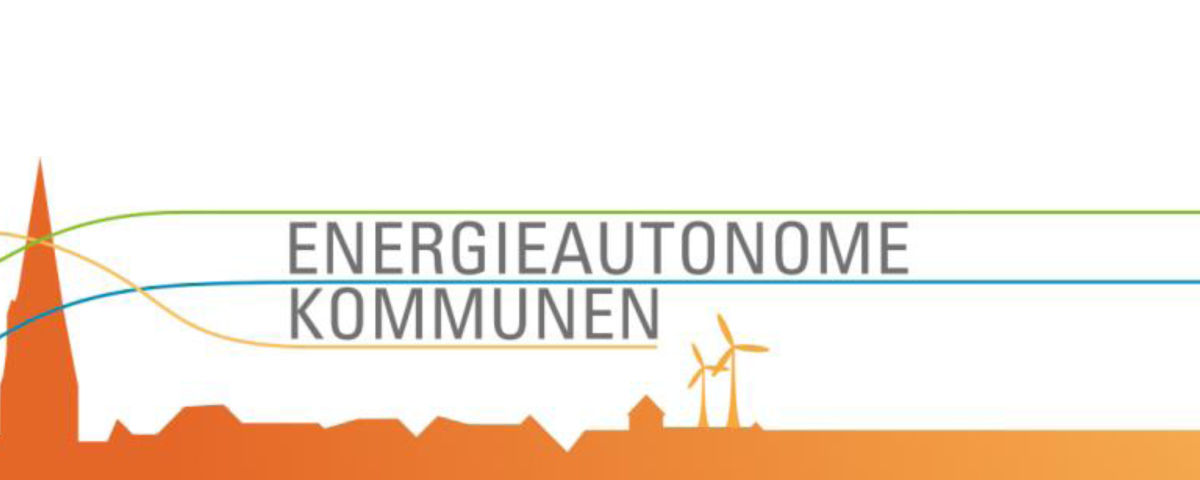
13.-14.02. | 9th Congress Energy Autonomous Municipalities
13. February 2020Unique Opportunities of Island States to Transition to a Low-Carbon Mobility System (Soomauroo et al. 2020)
14. February 2020Study “Electric Mobility Berlin 2025+”

As part of the "be emobil" project, charging points have been set up in Berlin's public space since 2015 on behalf of the Senate Department for the Environment, Transport and Climate Protection and operated according to the "Berlin Model". By the end of 2020, a total of 1,140 charging points are to be set up, supplemented by charging points of third-party operators who have signed an operator contract based on the "Berlin Model".
As part of the study "Electromobility Berlin 2025+", RLI is now developing planning bases for the Senate Department for the Environment, Transport and Climate Protection for planning the further development of public charging infrastructure for the period after that."
The aim of the project is to determine the future charging infrastructure requirements for various transport development scenarios. With the help of these scenarios, the information and decision-making basis for the further development of the public charging network in Berlin after 2022 is to be laid. In particular, the project focuses on the investigation of interactions between traffic development and charging needs as well as between private, semi-public and public charging infrastructure. The study will generate the following results, among others:
Project duration: Beginning of 2020 – Beginning of 2021
As part of the study "Electromobility Berlin 2025+", RLI is now developing planning bases for the Senate Department for the Environment, Transport and Climate Protection for planning the further development of public charging infrastructure for the period after that."
The aim of the project is to determine the future charging infrastructure requirements for various transport development scenarios. With the help of these scenarios, the information and decision-making basis for the further development of the public charging network in Berlin after 2022 is to be laid. In particular, the project focuses on the investigation of interactions between traffic development and charging needs as well as between private, semi-public and public charging infrastructure. The study will generate the following results, among others:
- Scenarios for traffic development as a basis for the development potential of electric mobility,
- Run-up curves for electric mobility in road traffic depending on the scenarios determined,
- Usage behaviours and preferred (charging) use cases according to the usage groups of e-vehicles,
- Charging infrastructure requirements differentiated by space, type and quantity,
- approaches to the further development of charging infrastructure for public and private actors and
- Requirements for the power grid and public spaces.
Project duration: Beginning of 2020 – Beginning of 2021
RLI assumes the following tasks within this research project:
- Project management
- Development of run-up curves for electric mobility
- Derivation of the usage behaviour and the use cases
- Determination of aggregated charging infrastructure requirements differentiated by space, type and quantity
- Derivation of possible starting points for public and private actors in the further development of the charging infrastructure
An overview of the study's key findings:
- In all scenarios, at least 95 percent of all passenger cars in Berlin are electrified by 2040.
- All scenarios predict a high demand for charging infrastructure and energy in Berlin.
- In the state of Berlin, between 435,000 and 802,000 charging points will need to be created by 2040. Of these, a maximum of 22 percent will be in publicly accessible areas.
- Departing from Germany-wide forecasts, the majority of the charging demand in Berlin will not be met by private charging points.
- The state of Berlin should establish a central office for the coordination of charging infrastructure development and use a Berlin area atlas for planning charging points.








